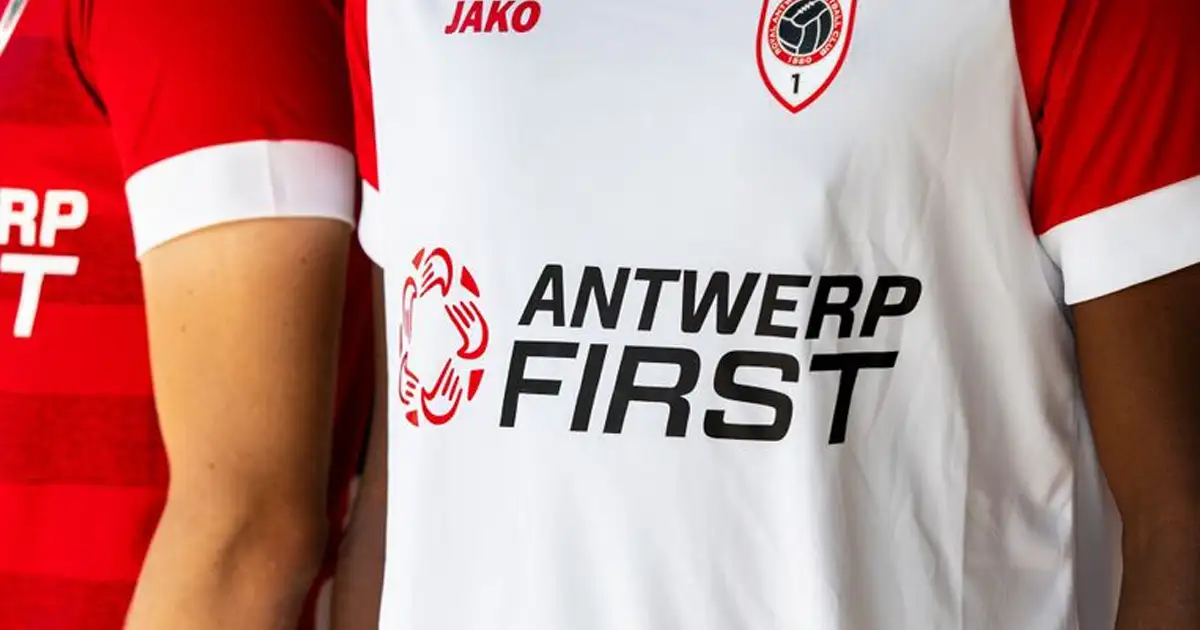Belgian football clubs are bending the law to keep their sponsorship
The Belgian football scene is in turmoil as new rules aimed at limiting gambling advertising come into force. Since January 1, 2025, advertising for gambling and sports betting has been strictly prohibited on billboards around pitches and on the front of jerseys. However, some clubs are finding loopholes to get around these restrictions, highlighting flawed regulations and an overwhelmed regulatory body.
A firm ban, but not foolproof
In an effort to combat gambling addiction, Belgium has tightened its laws on gambling advertising. Since September, players under the age of 21 can no longer wear jerseys displaying ads for gambling operators. This measure is now generalized to all players. Only discreet mentions (equivalent to a maximum of 75 cm²) are allowed on the sleeves or on the back of the jerseys.
Club strategies: avoiding financial losses
For clubs, these measures represent a considerable loss of income. A sponsorship contract with a gaming company can bring in between 500,000 and 3 million euros per year. Faced with this constraint, clubs such as Anderlecht or OH Leuven have found new sponsors, such as Sunweb or one.com. But others, such as Club Brugge, are opting for sub-brands, i.e. brands derived from their traditional sponsors.
For example, Club Brugge has replaced “Unibet” with “U-Experts”, an entity that remains linked to Unibet without directly bearing its name. Similarly, Royal Antwerp FC will be supported by Antwerp First, the sub-brand of BetFirst, while Charleroi and Cercle Brugge plan to use sub-brands such as “Casino News”. According to Frédéric Van den Steen, CEO of OH Leuven, “all clubs are looking for solutions, but some manage to find new partners.”
A legal loophole exploited
The Gaming Commission admits its powerlessness in the face of these strategies. Although the sub-brands circumvent the spirit of the law, they respect it. “Clubs are now sponsored by entities that do not directly organize gambling, but remain associated with operators,” explains Marjolein De Paepe, spokesperson for the Gaming Commission.
Another problem is the lack of resources to effectively monitor these violations.
“From January, the control of sports sponsorship will be included in an action plan, when certain violations are subject to priority monitoring, but without the necessary staff, it does not make sense to try to achieve ambitious or even reasonable objectives. Strengthening the control unit requires additional resources and it is up to the next government to adjust the fee.»
Marjolein De Paepe
Uncertain future for clubs
The consequences of these new rules are still unclear. While some clubs, such as Anderlecht, are turning away from gambling sponsors altogether, others are waiting to see how sub-brands will be perceived. Teams such as Standard and Beerschot have not yet announced their plans, but could follow similar strategies.
The fight against gambling advertising in Belgium illustrates the tensions between ethics, finance and regulation. If clubs find creative ways to circumvent the law, it highlights loopholes that will need to be filled. The question remains: how far can we go to reconcile ethics and profitability in professional sport?


